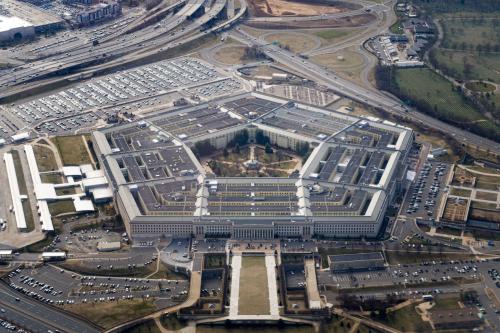

3:00 pm EDT - 4:30 pm EDT
Past Event
3:00 pm - 4:30 pm EDT
1775 Massachusetts Ave., NW
Washington, DC
The Afghan people voted on August 20 to select their next president. It remains to be seen which candidate will prevail. Questions also persist about the Taliban’s influence on the election’s outcome and about the viability of Afghanistan’s next government. The result of this election is critical for the Afghan people, NATO’s mission in their country, and for future regional and international security.
On August 25, Brookings hosted a panel of experts to discuss the outcome of the Afghan election, analyzing the result and examining its impact on the future of the country and the conflict. Moderated by Martin Indyk, acting vice resident and director of Foreign Policy at Brookings, the panel included Senior Fellows Bruce Riedel and Michael O’Hanlon; Kimberly Kagan, president of the Institute for the Study of War; and Anthony Cordesman, Burke Chair on Afghanistan and Pakistan at the Center for Strategic and International Studies.



Philip H. Gordon
May 16, 2025

George Ingram, Junjie Ren
March 7, 2025

Michael E. O’Hanlon
September 12, 2024